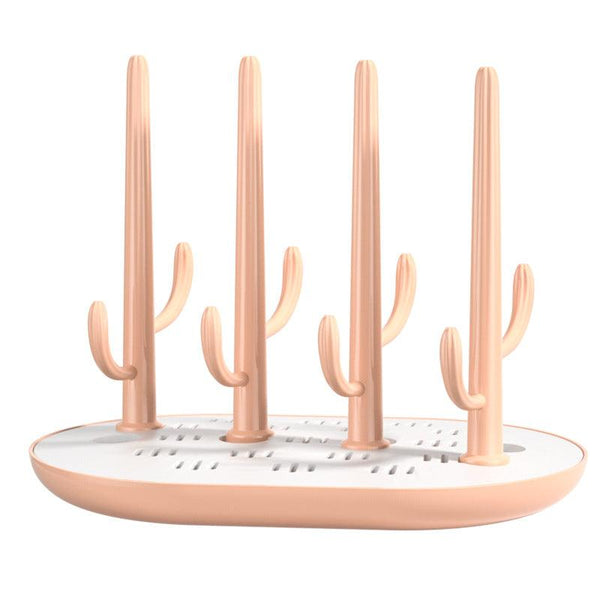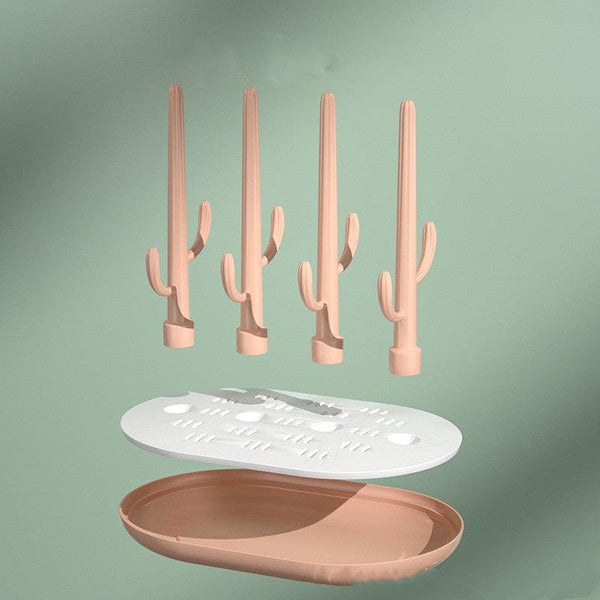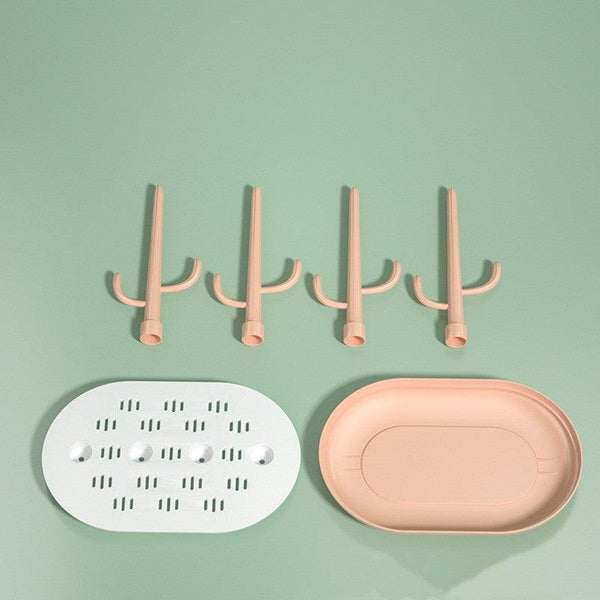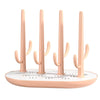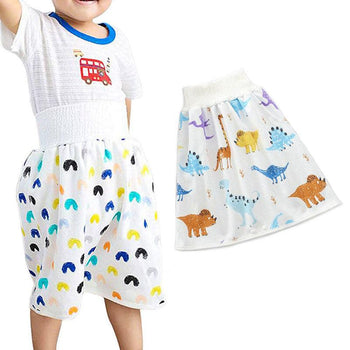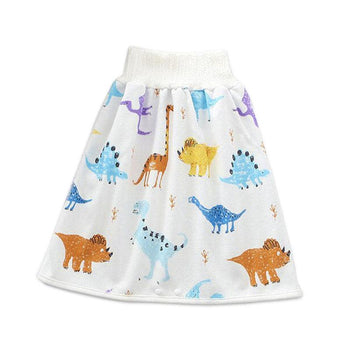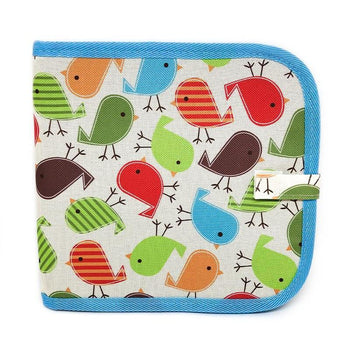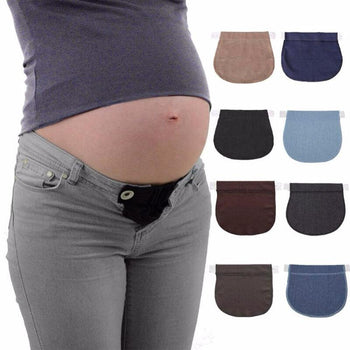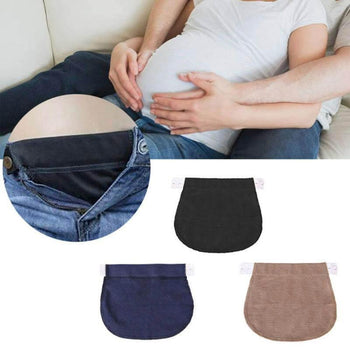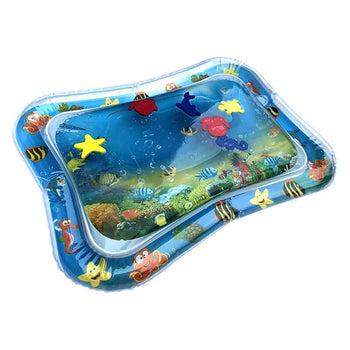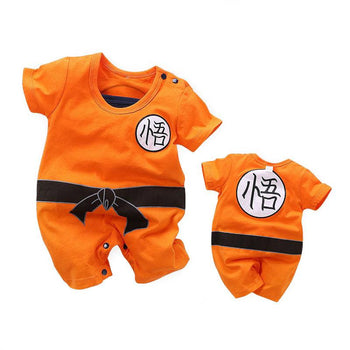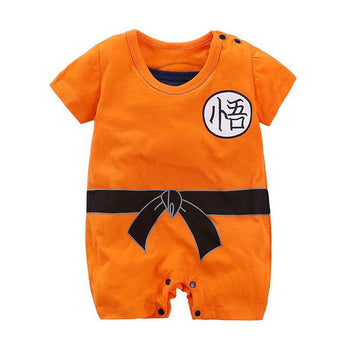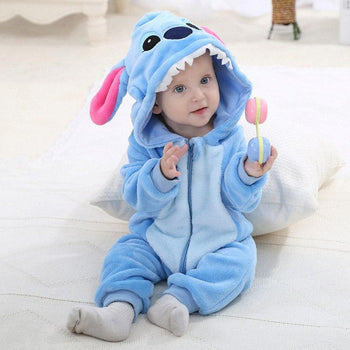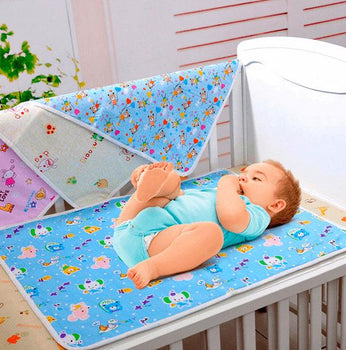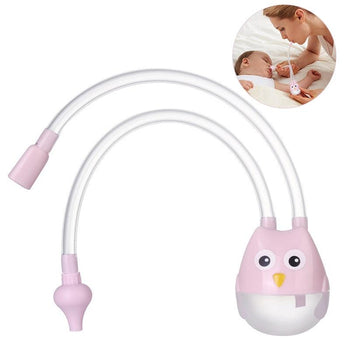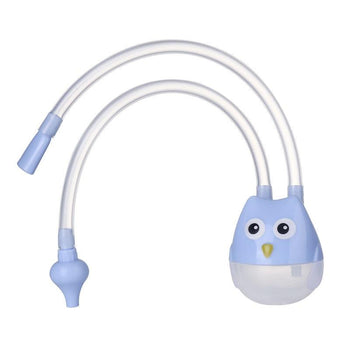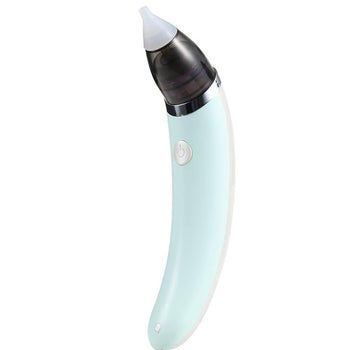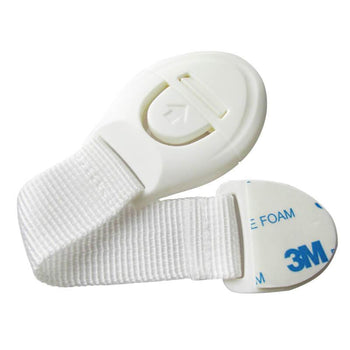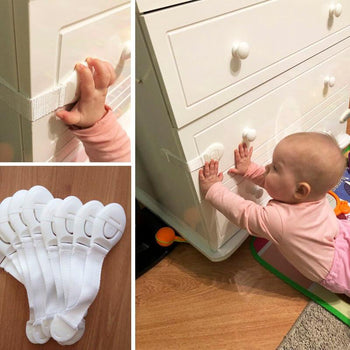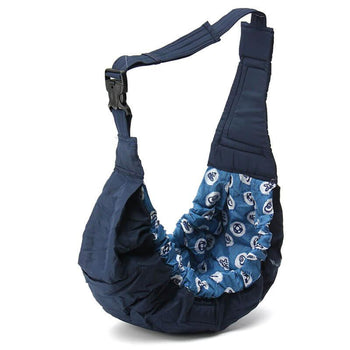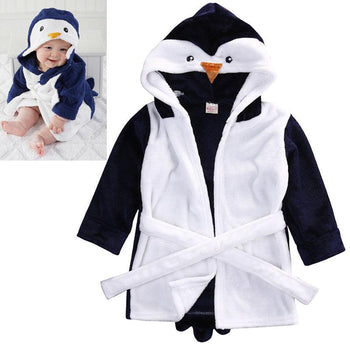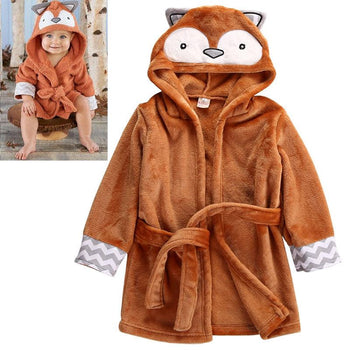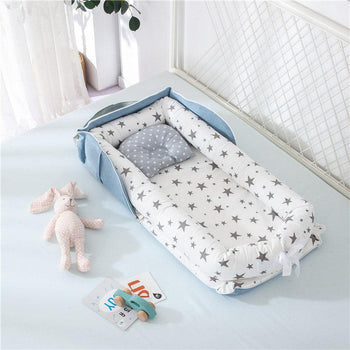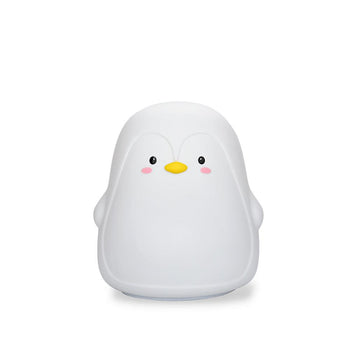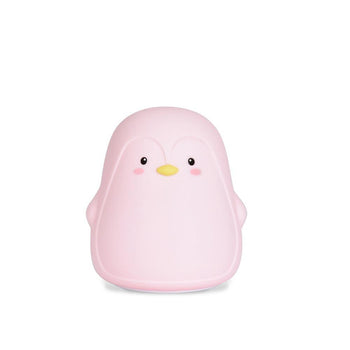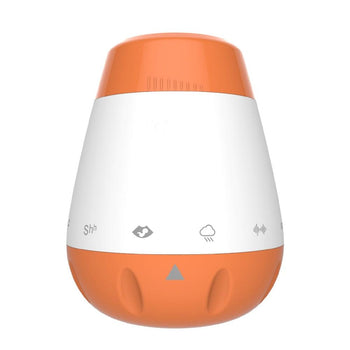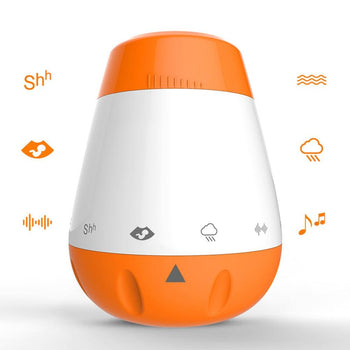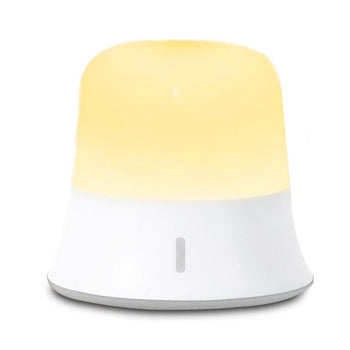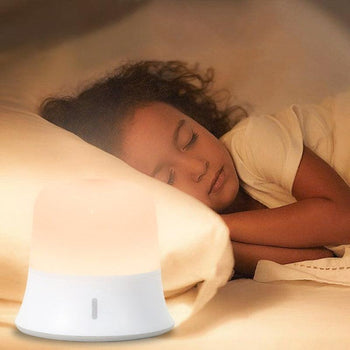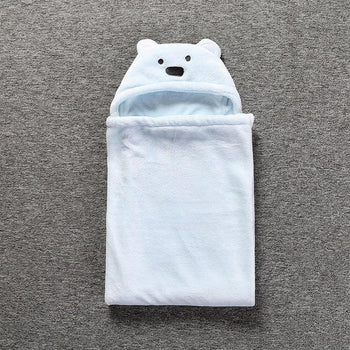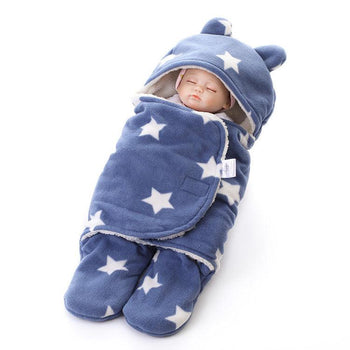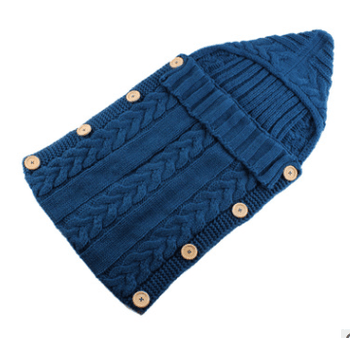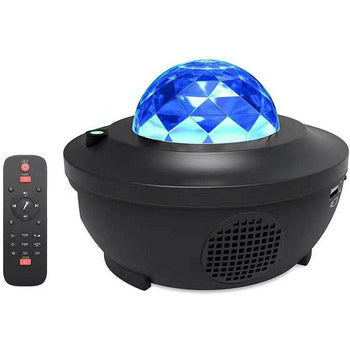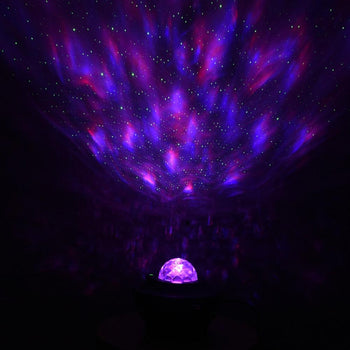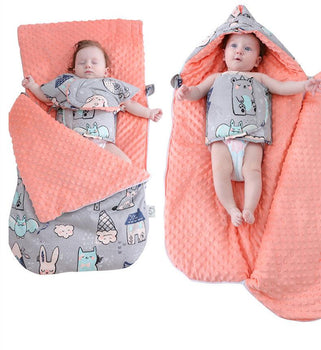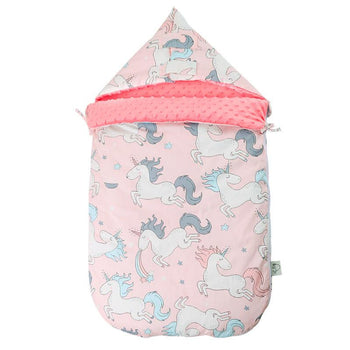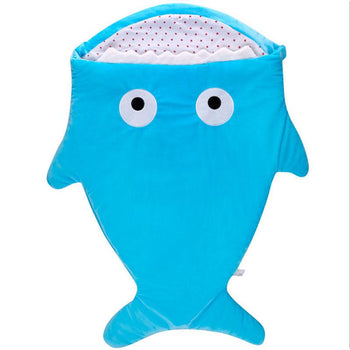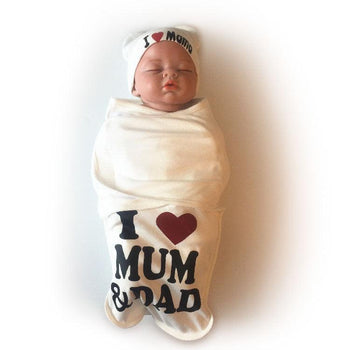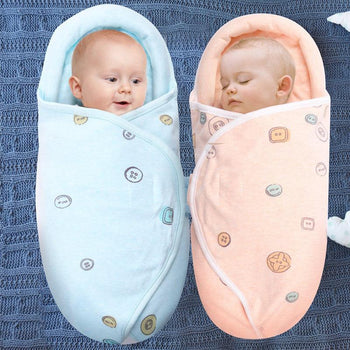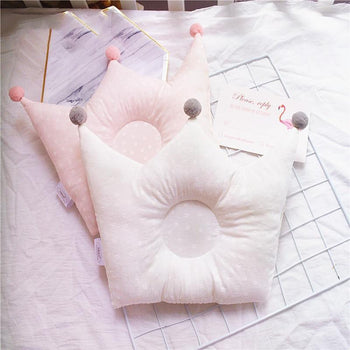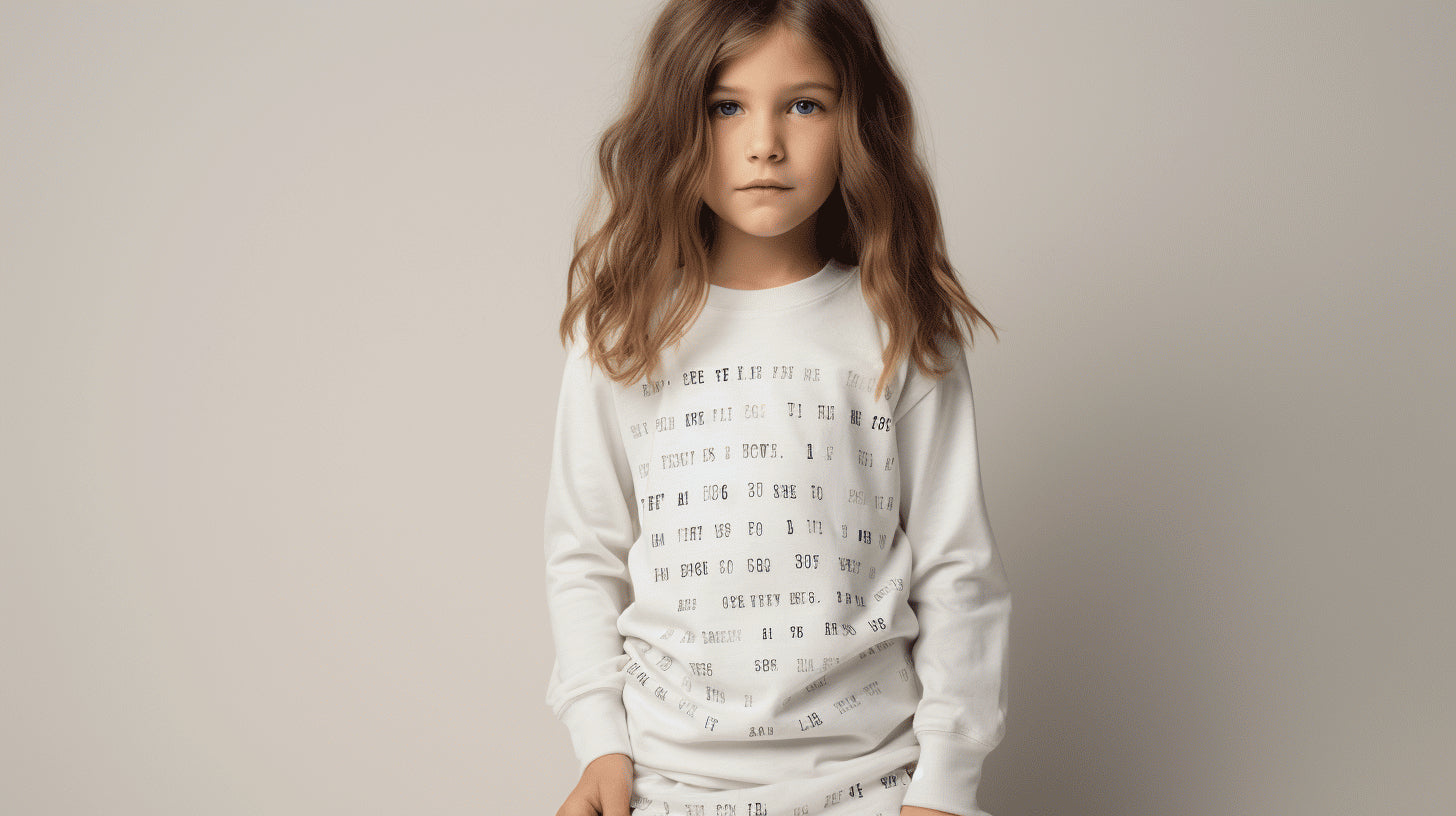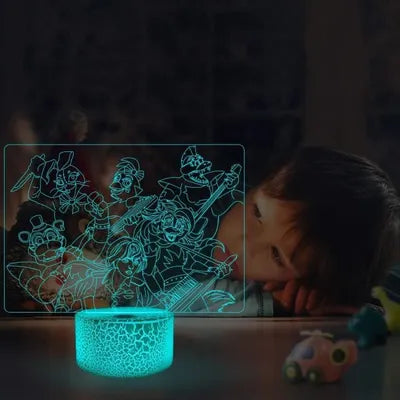Your sweet daughter, who has been sleeping peacefully at night for months, suddenly wakes up several times a night and starts moaning loudly. Your little man, who has been taking two long naps every day for ages, suddenly begins to resist nap time , refusing to lie down and fall asleep. Sound familiar? You may experience the 18 month sleep regression .
If you're the parent of a toddler, you're probably familiar with sleep regression. After all, you've probably experienced the following sleep regressions:
- Sleep regression at 4 months
- Sleep regression at 6 months
- Sleep regression at 8, 9 or 10 months
- Sleep regression at 12 months (this is less common, but your baby may have experienced it).
And if that's not all, there is also a sleep regression at 2 years !
So what should a tired mum or dad do?
This article explains what regression at 18 months looks like, why it happens, why it can be one of the most difficult, and what steps you can take to deal with it.
18-Month Sleep Regression: What is “Sleep Regression”?
Most people use sleep regression to mean that a baby or toddler, who was sleeping well, suddenly (often without warning) starts waking up frequently at night and/or refusing to nap during the day. These regressions usually last for some time ( between 2 and 6 weeks ), then the baby returns to normal sleep.
Sleep regression: Why 18 months?
Each sleep regression can be linked to a baby's mental and physical development at that age. The same is true for the regression at 18 months. 18-month-olds go through developmental milestones that can, unfortunately, have a negative impact on their sleep.
- Teeth may be responsible. Around 18 months, children have the 4 canines as well as their first growing molars . This can cause discomfort that disrupts sleep.
- Separation anxiety is still a problem for toddlers at 18 months. Most babies begin to experience separation anxiety around 7 or 8 months, and for most babies, the anxiety is greatest between 10 and 18 months. It can also lead to trouble sleeping - your baby may resist naps because he doesn't want to be away from you, or he may wake up in the night and be upset that you aren't in the room with him. Want to know more about your baby's separation anxiety and how to deal with it? Click here
- Young children at 18 months gain a lot of independence and are able to do more for themselves. Children at this age learn to feed themselves from a spoon, drink from a cup , build with blocks (discover our collection of educational toys for children ), and even take off certain clothes. This growing independence can lead to stronger willpower, which means a baby can start exercising when they don't want to go to sleep or stay in bed.
Sleep regression at 18 months: One of the most difficult regressions of all!
All sleep regressions are difficult and stressful, but for a simple reason the sleep regression at 18 months is perhaps one of the most difficult, with an element of discipline involved in this regression that was not present in the previous ones. Previous regressions did not take into account your baby's independence-seeking behavior, this one did.
Lack of sleep often makes raising children more complicated. Add to that the fact that as he seeks independence, your 18-month-old is likely to start throwing tantrums and exhibiting difficult behavior , and parenting will seem extremely difficult! Difficulty coping with your toddler's actions compounds the fatigue you already feel.
In addition, these two elements (baby's sudden insomnia and his actions) can end up influencing each other. Your child's willful actions will cause him to resist naps or stubbornly scream for you to hear every time he wakes up at night. And the sleep deprivation induced by this regression, of course, will make baby grumpy, leading to more tantrums and fussy tempers .

Tips and Tricks for Sleep Regression at 18 Months
While there's no way to "fix" any sleep regression, including at 18 months, steps can be taken to reduce baby's insomnia (and yours!)
Again, part of the challenge of sleep regression at 18 months may have to do with your toddler beginning to exhibit some independence-seeking behavior. This is the time to start setting boundaries and disciplining your child. This will not only help alleviate insomnia, but also build a solid foundation that will make your baby's two and three year old a little less "terrible."
Should we keep the siesta?
During the 18 months of sleep regression, if your baby is very resistant to naps, you may be tempted to give up the nap altogether. We suggest, again, that you do not. Until the age of three or four, most young children won't give up on naps , so don't give up just yet!
Should You Stop Sleep Training?
If you're in the middle of sleep training when the 18-month sleep regression occurs, you might be wondering if you should take a break for a while. We suggest that you do not. It is true that at this stage sleep training is unlikely to yield fantastic results, but remember that during this phase, which is ultimately temporary, it is best not to encourage baby to form bad habits. sleep. (discover here 5 sleep training methods )
As we often say, you don't want to create bad habits during this short period but which will stick for the long term.
Conclusion on sleep regression at 18 months
Be aware that on average, sleep regression at 18 months is a period that lasts 3 to 6 weeks. And even if when you go through it you feel like it's a lifetime and you feel even less confident as a parent, it won't last forever. If your baby is normally sleeping well and you think her recent insomnia is due to the 18-month regression, then be as patient as possible and wait.
I hope this article has enlightened you on the subject. Feel free to share your experiences with us in the comments.
Do you have a wedding, a birthday?
And you are looking for a dress for your little princess!
On www.robe-de-princesse.com enter a wonderful magical world and discover the most beautiful princess dresses for your child.
Do you want your baby to sleep through the night?
In this free guide , you'll discover 5 things you absolutely need to know.
With a unique approach and practical tools for success, this guide will help you and your baby sleep better through the night.




